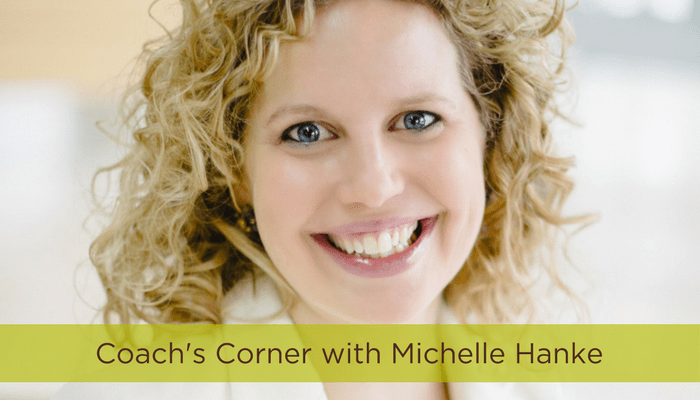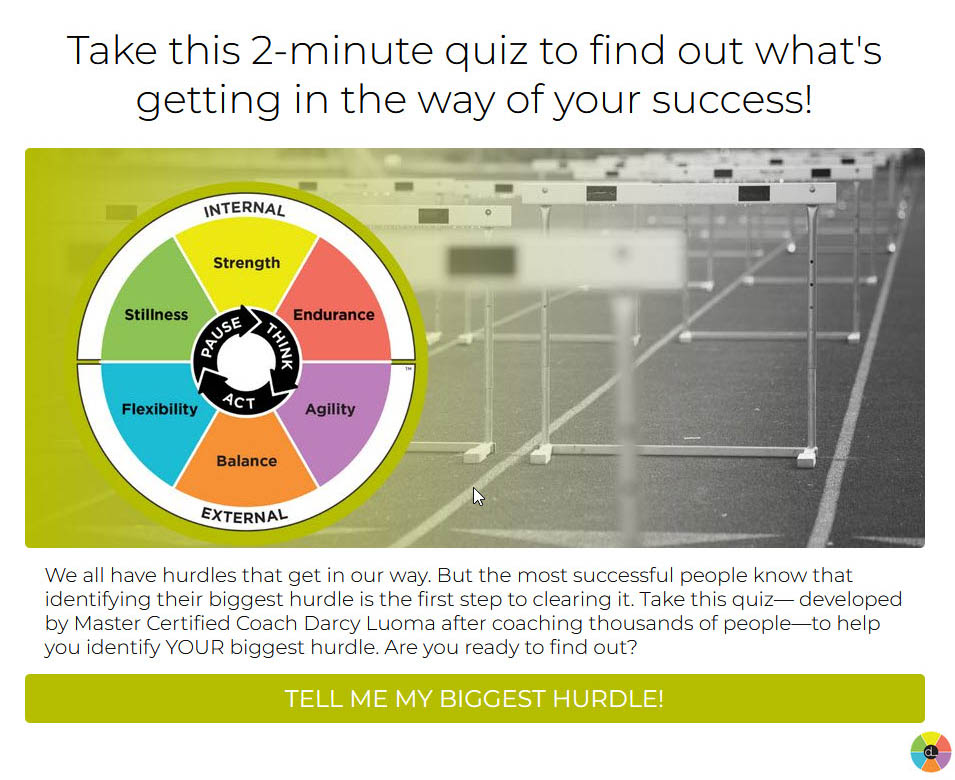By Michelle Hanke, DLCC Coach
Heart pounds through chest. Hot, oh so hot. A force rushes through – up the back, neck, shoulders, face. Anger. Must protect! Must defend! Words spew forth. Trembling. Stomp away.
For many of us, this is what “reacting” looks like. Someone’s words or actions blindside us and we find ourselves feeling disrespected, threatened, or judged, so we throw back something that seemingly addresses the issue. But, the truth of it is (and we’ve all learned this the hard way), it rarely does. When we react like this, the issue often worsens, or we wind up self-sabotaging our actual intentions.
It was just yesterday that I met with a client about this very challenge: how to consciously respond instead of impulsively react. Her words: “Yeah, I get it. But seriously, how do I actually do it?” She’s right. That’s the hard part. Here are a few ideas to get started.
Suggest a Moment.
It can be as awkward as heck, but it’s worth it. Ask for a moment’s pause so that you can breathe, create space for yourself, and get your head on straight. You might try: I’m feeling surprised or distracted and want to be able to focus better. Can I have a minute to (take a walk, use the restroom, sit quietly), and then we can talk? Pausing allows us to get grounded and course correct away from any reckless default behaviors that might be surfacing.
Step into your Inner Adult.
Be aware of what part of you is feeling the emotions at the moment. An inner Critical Parent, perhaps? Or an inner Criticized Child? Chances are, neither of those “parts” are going to help in this circumstance. Stand up straight and notice the shift as you instead step into your inner Rational Adult so that you can have a non-threatening, reasonable conversation.
Go to the Heart.
Take your brain to your heart. Sound silly? I know, it sort of does. Scientists studying the heart are finding that it has an intelligence that especially affects the brain centers involved in emotional experiences and self-regulation. So, try it. At the moment of conflict, diffuse your energy, and instead imagine yourself powering up from your heart. How does this affect your composure? Your empathy for the other person? Your intentions?


